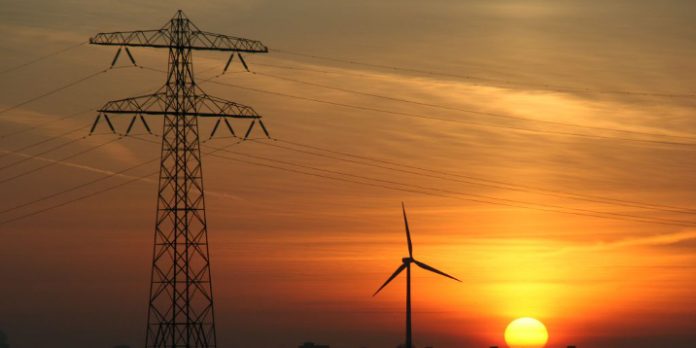ISLAMABAD: The Cabinet Committee on Energy (CCOE) Monday directed the Power Division to expedite process of formulation and approval of the renewable energy policy.
The CCOE’s meeting was presided over by Minister for Planning, Development and Special Initiatives Asad Umar, said a press release.
The CCOE was apprised about the progress on the formulation and approval of the Renewable Energy (RE) Policy and the introduction of competitive bidding process for the entry of new producers in the renewable energy sector of Pakistan.
The forum also approved the proposals of the Ministry of Power regarding placement of various project companies in their respective categories on the basis of already specified criteria.
The CCOE was apprised about the future trajectory of energy demand in the country and the steps being taken to ensure the availability of power to various sectors and the progress being made on rationalising the energy prices in the country.
NEPRA apprised the meeting on the progress made on the introduction of the advance design of the Competitive Trading Bilateral Market in Pakistan.
The CCOE was briefed about steps being taken regarding the governance improvement of the power sector.
It was informed that the Chief Executive Officers (CEOs) of the Alternative Energy Development Board (AEDB), the Private Power and Infrastructure Board (PPIB), and electricity generation companies (GENCOs) have been appointed following a competitive process. A progress is being made regarding the establishment of a Technical Directorate at the Ministry of Energy, it was further informed.
The Ministry of Maritime Affairs submitted its report regarding the enhancement of off-shore storage capacity of imported petroleum products. The CCOE directed the Petroleum Division to examine the financial feasibility of the proposals.




